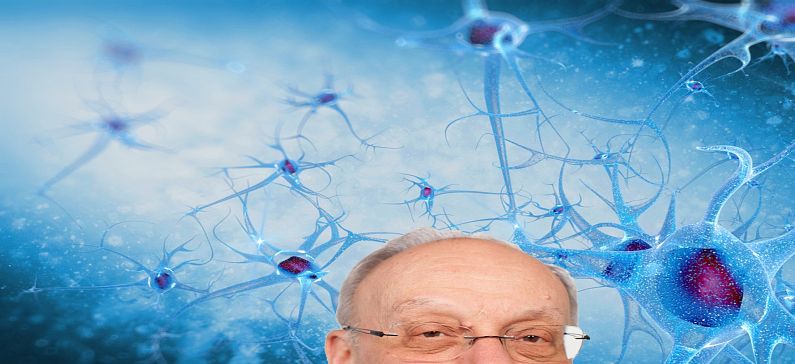
Vassilis Pachnis was elected member of the Royal Society
Dr. Vassilis Pachnis is a Group Leader in the Division of Developmental Neurobiology, which studies the development, organization, and functioning of the nervous system in adult animals. He is one of the 50 distinguished scientists, who were elected members of the Royal Society in 2018, the oldest scientific organization in the world. The aim of his research, which is housed in the British Institute of Francis Crick, is to understand how the different types of nerve cells and glia are generated in the embryo and how they establish connections.
The Greek scientist is a leading international figure in the research of the development of the mammalian nervous system. Landwork work from his laboratory has identified two molecular components of a signaling pathway that has a critical role in the development of the enteric nervous system and the excretory system of mouse embryos. He is involved in the biology of stem cells, has written more than 80 research dissertations and is an elected member of the European Molecular Biology Organization (EMBO).
Vassilis Pachnis was born and raised in Greece. He graduated from the University of Athens in 1980 where he studied Medicine. From 1980 until 1986 he worked for his Ph.D. in the laboratory of Professor Shirley Tilghman at the University of Pennsylvania/Fox Chase Cancer Center (Philadelphia, USA). From 1986 until 1991 he did postdoctoral work in the laboratories of Dr. Richard Axel and Dr. Frank Costantini at Columbia University (New York, USA). In 1991 he moved to the UK and since then has been a research group leader, first at the MRC National Institute for Medical Research and subsequently at The Francis Crick Institute. Moreover, he has been director of the Institute of Molecular Biology and Biotechnology at the Foundation for Research and Technology in Crete.
The Royal Society was established in 1660 and aims in promoting science and its benefits, recognizing excellence in science, supporting outstanding science and fostering international and global co-operation. Among its ranks were Isaac Newton, Charles Darwin, and Stephen Hawking. Today, the Royal Society is the national academy of sciences in Britain, with about 1,600 members, including “father” of the Internet, Tim Berners-Lee and biologist Richard Dawkins.








Βασίλης
-23/08/2021 10:03 am
Μπράβο στους ‘Ελληνες επιστήμονες που εργάζονται παραγωγικά.
Θα ήθελα να μελετήσω την απήχηση ερευνητικών εργασιών Ελλήνων επιστημόνων των παρελθουσών δεκαετιών στην διεθνή έρευνα. Υπάρχει κάποιος ιστότοπος όπου είναι δυνατόν να ανευρεθούν πληροφορίες βάσει του ονόματος του ερευνητού?
Ευχαριστώ,
Βασίλης